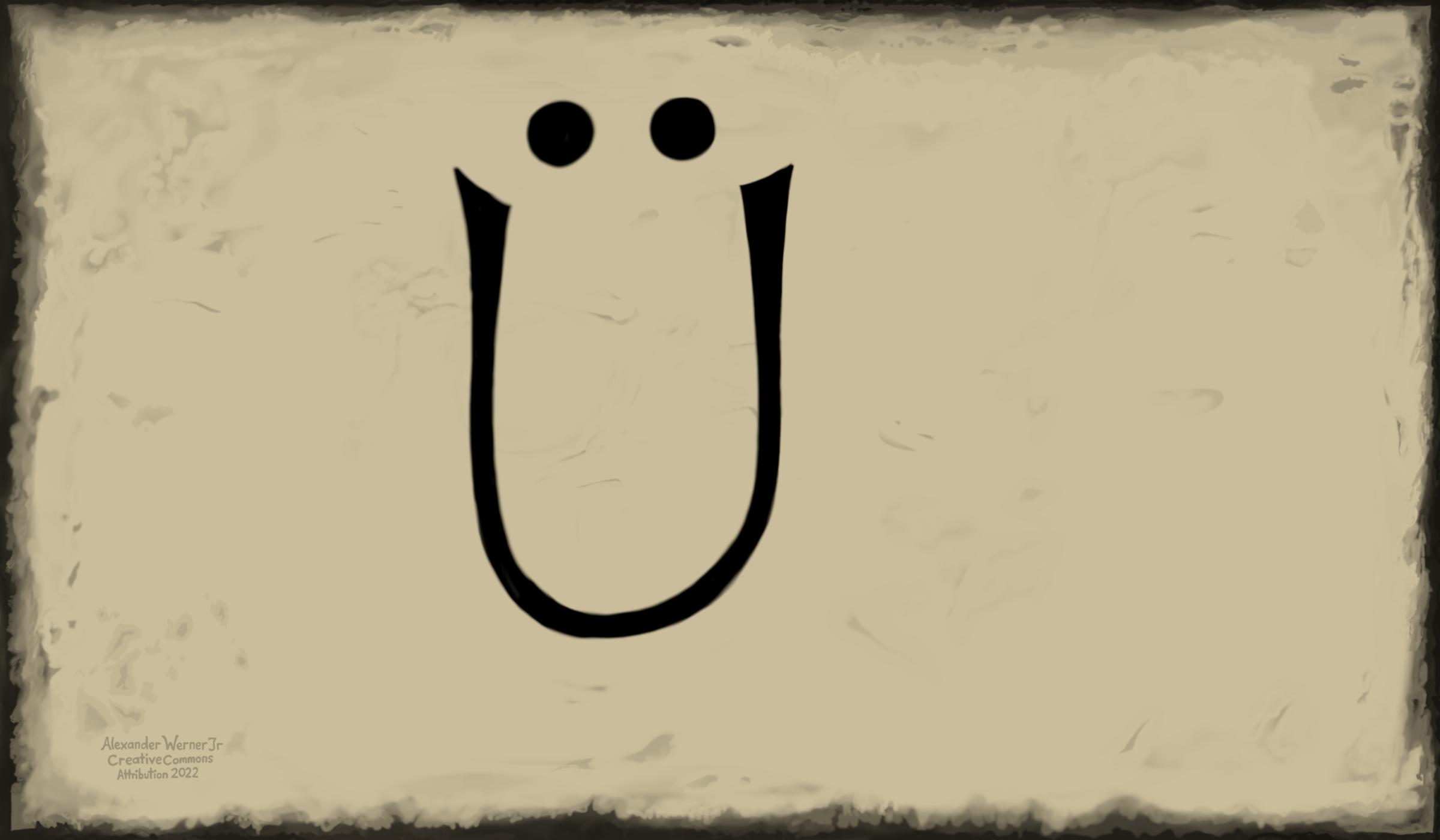

The short rule for the Diaeresis-accent is this one: Whenever you see a word with the "ü" in it (be it "güe" or "güi" for example), the "ü" needs to be pronounced like a proper "u"-sound, it must not be silent.

 |
Description (pirate): |
|
 |
Description (landlubber): |
|
 |
güera (blond, fair) |
|
 |
pingüino (penguin) |
|
 |
agüero (omen) |
|
 |
agüita (tea) |
|
 |
vergüenza (shame) |
|
 |
sinvergüenza (scoundrel) |

And here is the long winded explanation:
The Diaeresis accent is only found in the vowel "ü" in Spanish, mostly in the combinations: "güe" or "güi".
Let's first look at how words without Diaeresis "ü" work: "guerra" (meaning "war") is expressed like "geh-rra", so the vowel "u"
is silent.
There is a similar word being "güera" (meaning "fair, blond"), which, without its accent, would be pronounced "geh-ra".
But the Spanish would like for this particular "u" not to be silent, and so the word spells "güera". Its pronounciation results in
"goo-eh-ra".
Another interesting comparison would be "guisante" (meaning "pea"), which sounds like "gee-san-te",
so the "u" is silent. Now if we look at the word "pingüino", where, if the accent was taken away, we would have to say
"pin-gee-no", resulting in the "u" being silent. But the Spanish insist on the "u" being loud here, and as a consequence
we have to put the accent back in: "pin-goo-ino".

 |
Description (pirate): |
|
 |
Description (landlubber): |












